
Exciting new series on “Voice, Body and Movement for Lawyers – How to connect with the jury and find Justice Through Dramatic Technique!”
Click here to find out more
Because the hype is real. Generative AI will disrupt virtually every industry throughout the world. The record growth of ChatGPT, with over 100 million users in less than 60 days, is just the beginning. What does this mean to lawyers who advise companies internally or clients externally? What are the potential risks? Within the first six months of its introduction there were only four cases to monitor. The issues then focused primarily on the copyright liability facing the creators of AI products. Now there are over a dozen cases addressing the legality of Generative AI—with the issues exploring various copyright theories as well as trademark infringement, trade secret misappropriation, libel, breach of contract, NIL (name, likeness, and image), and biometrics. And the list of issues will only grow.
Join us for an exciting hour-long presentation as we explore the theories these cases present, potential conclusions that can be drawn from them, and how they might affect plans to use Generative AI in the future.
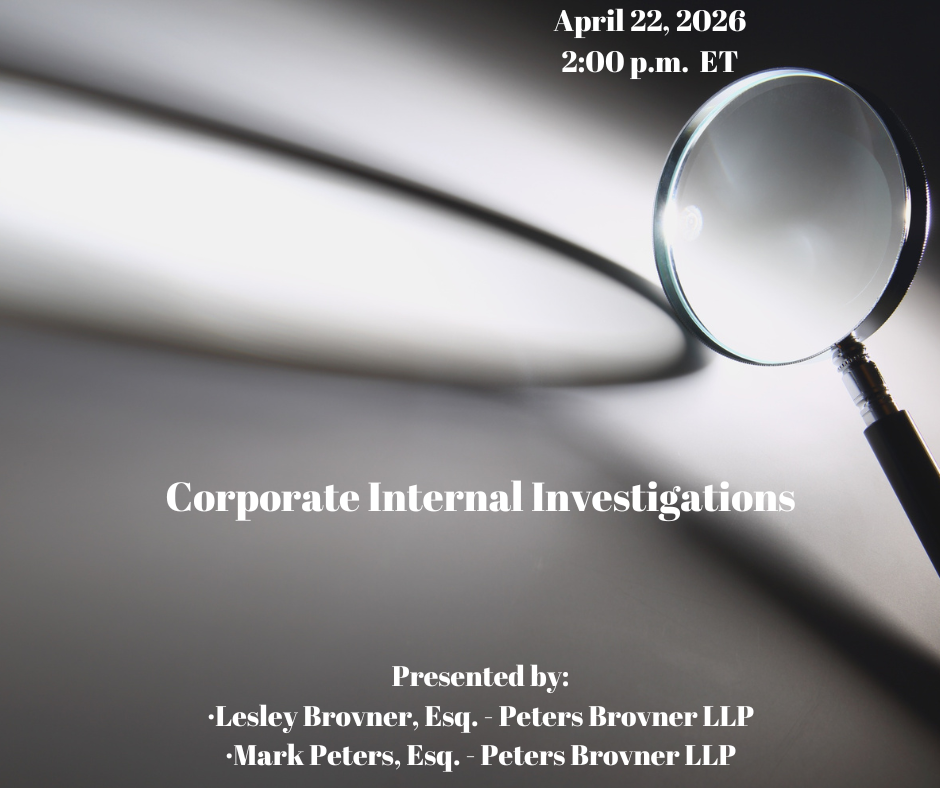
The CLE will cover the Ins and Outs of Internal Corporate Investigations, including: Back...
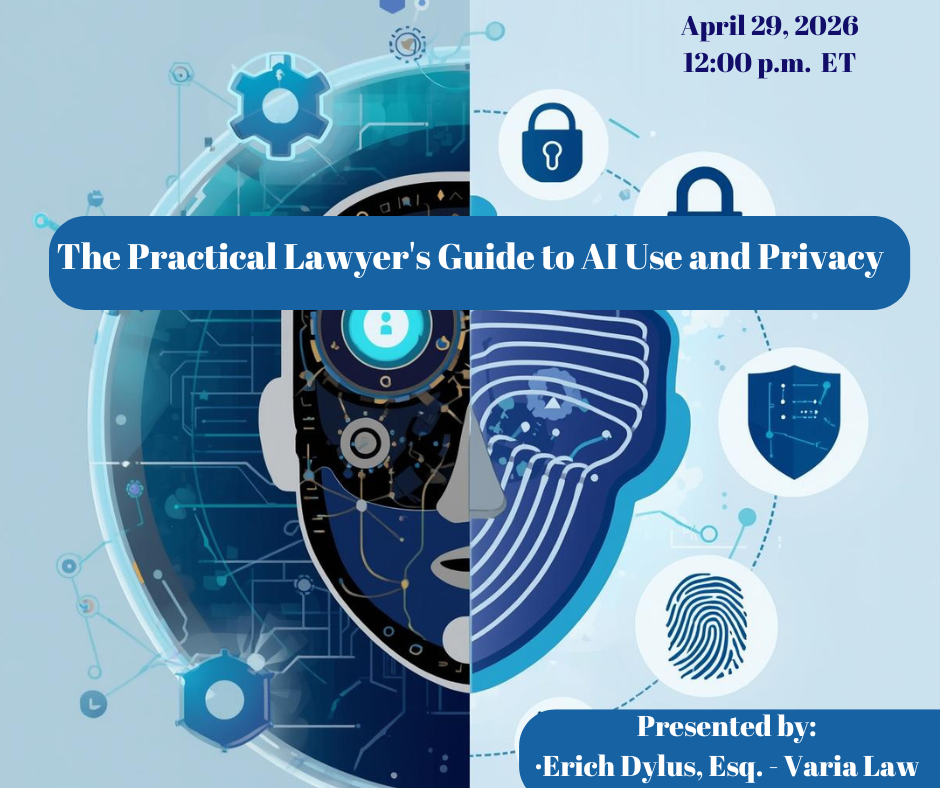
Review the basic software concepts and effective uses of generative AI, prompting strategies, and me...
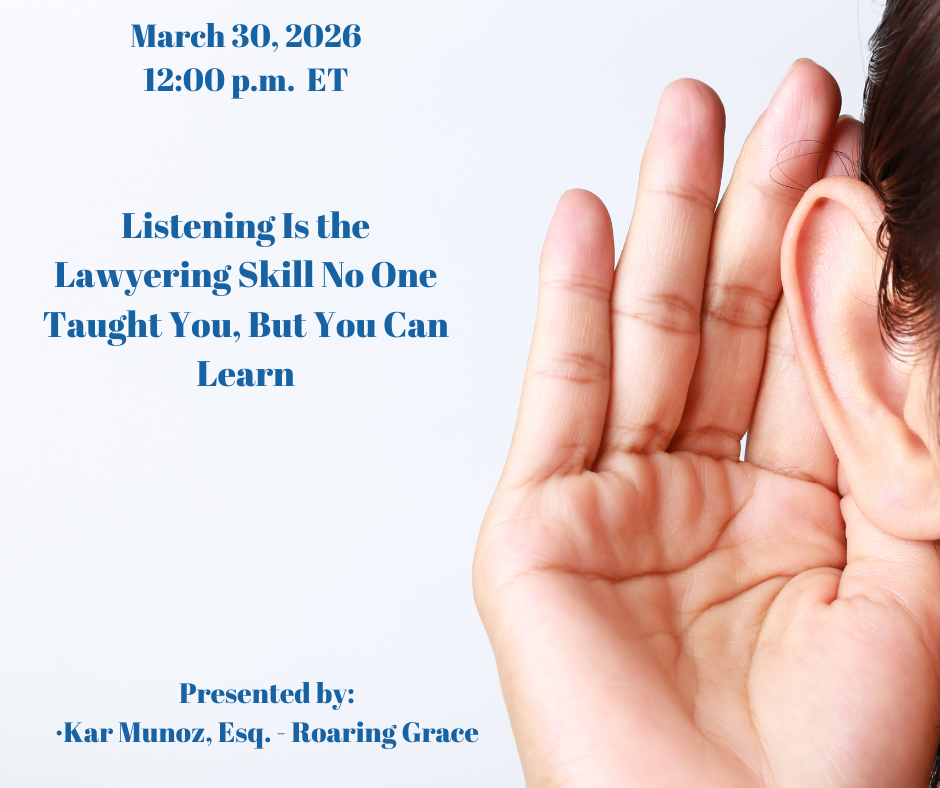
This program explores listening as a foundational yet under-taught lawyering skill that directly imp...

Boundaries and Burnout: The Hidden Crisis in Law is a 60-minute California MCLE Competence Credit pr...
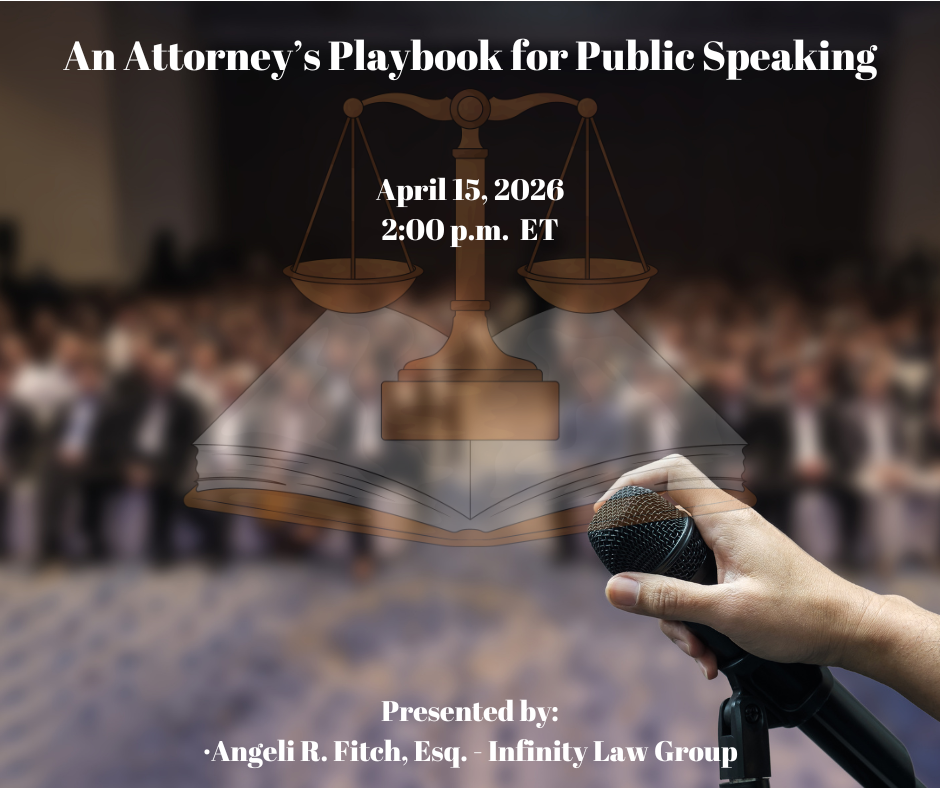
Attorneys are judged every time they speak—in client meetings, depositions, hearings, negotiat...
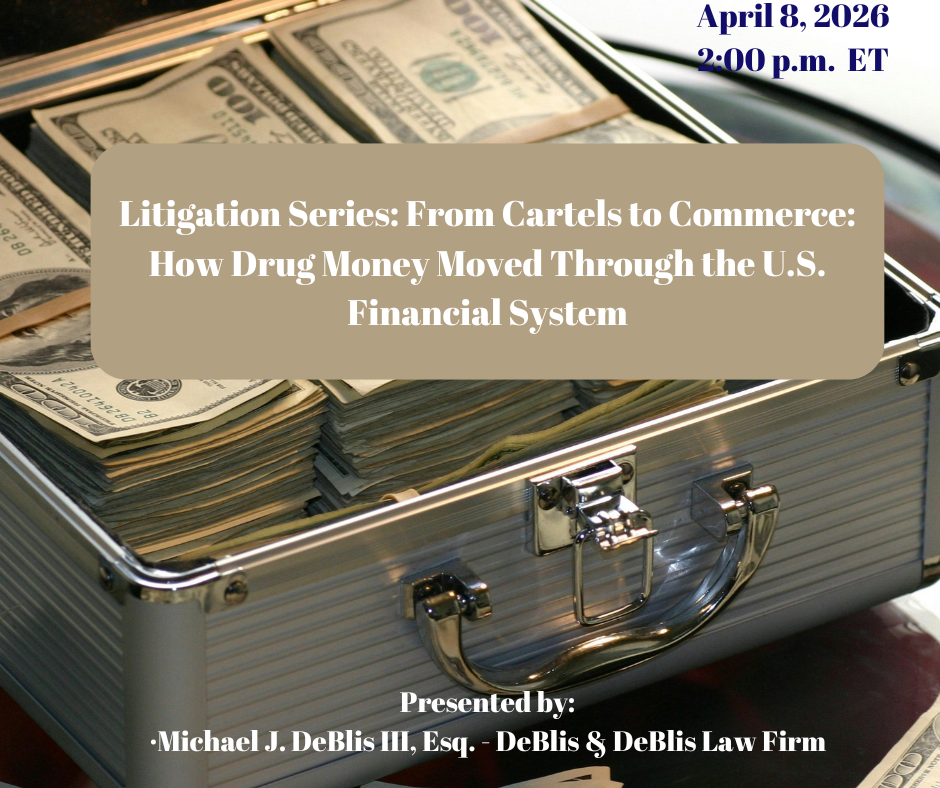
This program provides a detailed examination of the Black Market Peso Exchange (BMPE), one of the mo...
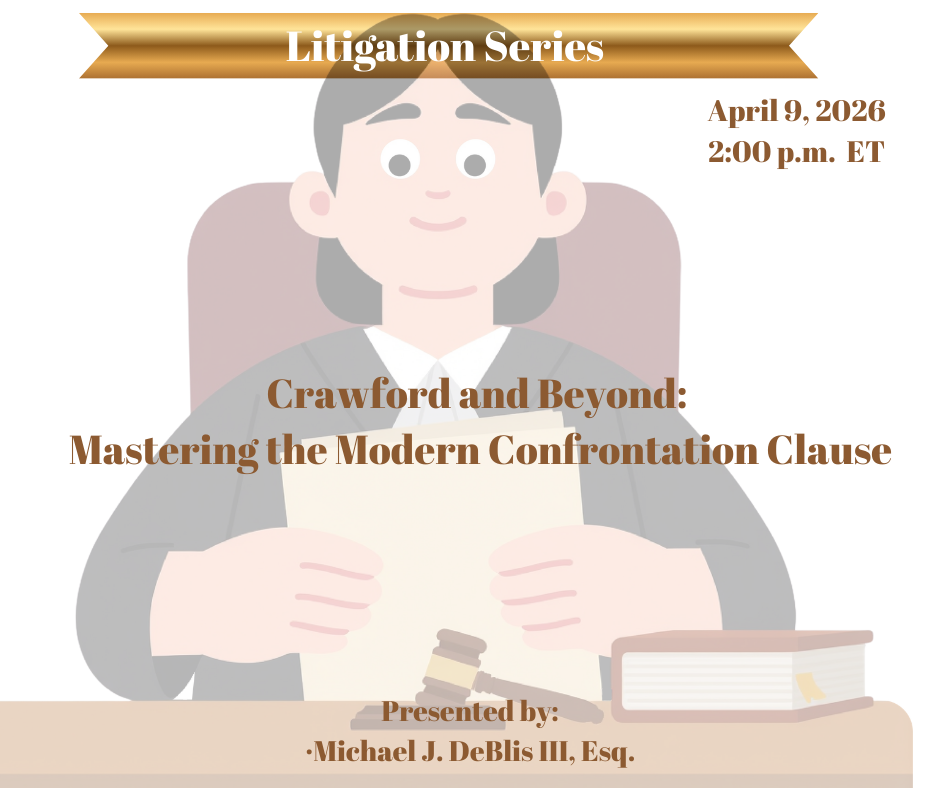
This program provides a comprehensive analysis of the Sixth Amendment Confrontation Clause as reshap...

The landscape of global finance is undergoing a seismic shift as traditional assets migrate to the b...
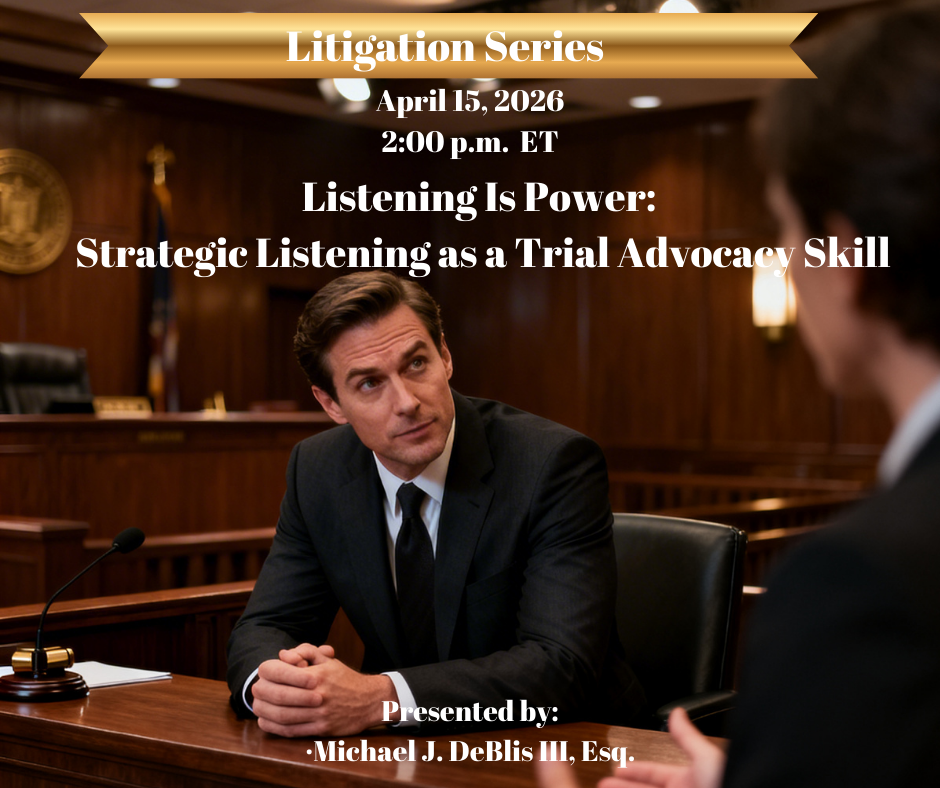
This program examines listening as an active, strategic trial advocacy skill rather than a passive c...
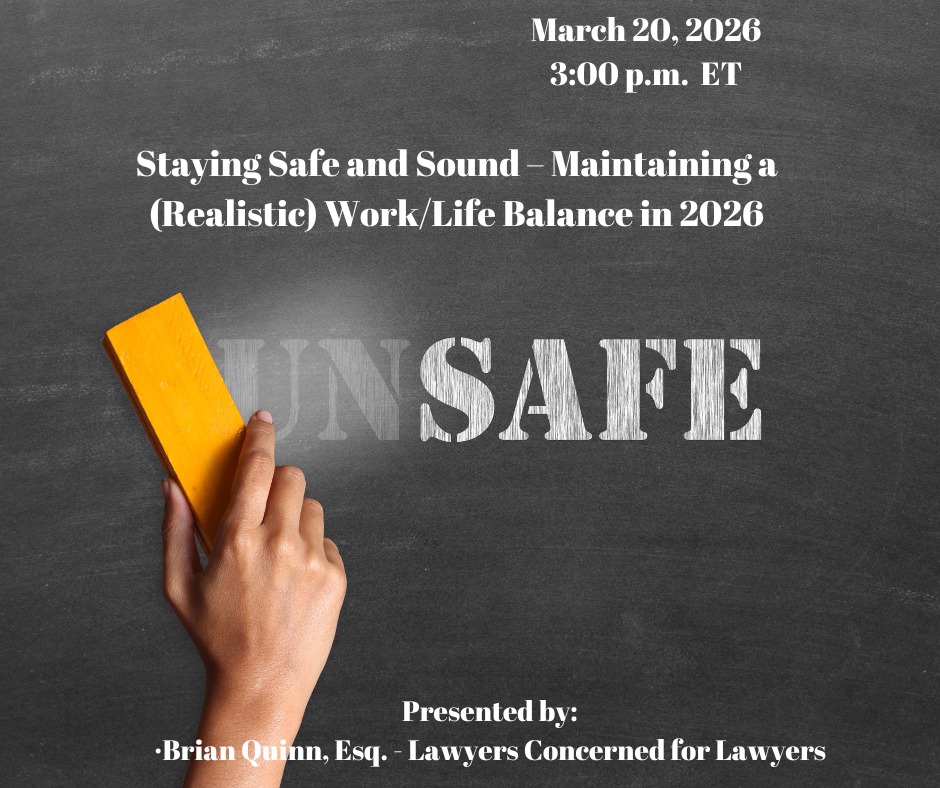
Recent studies have shown that there has been a dramatic increase in impairment due to alcoholism, a...